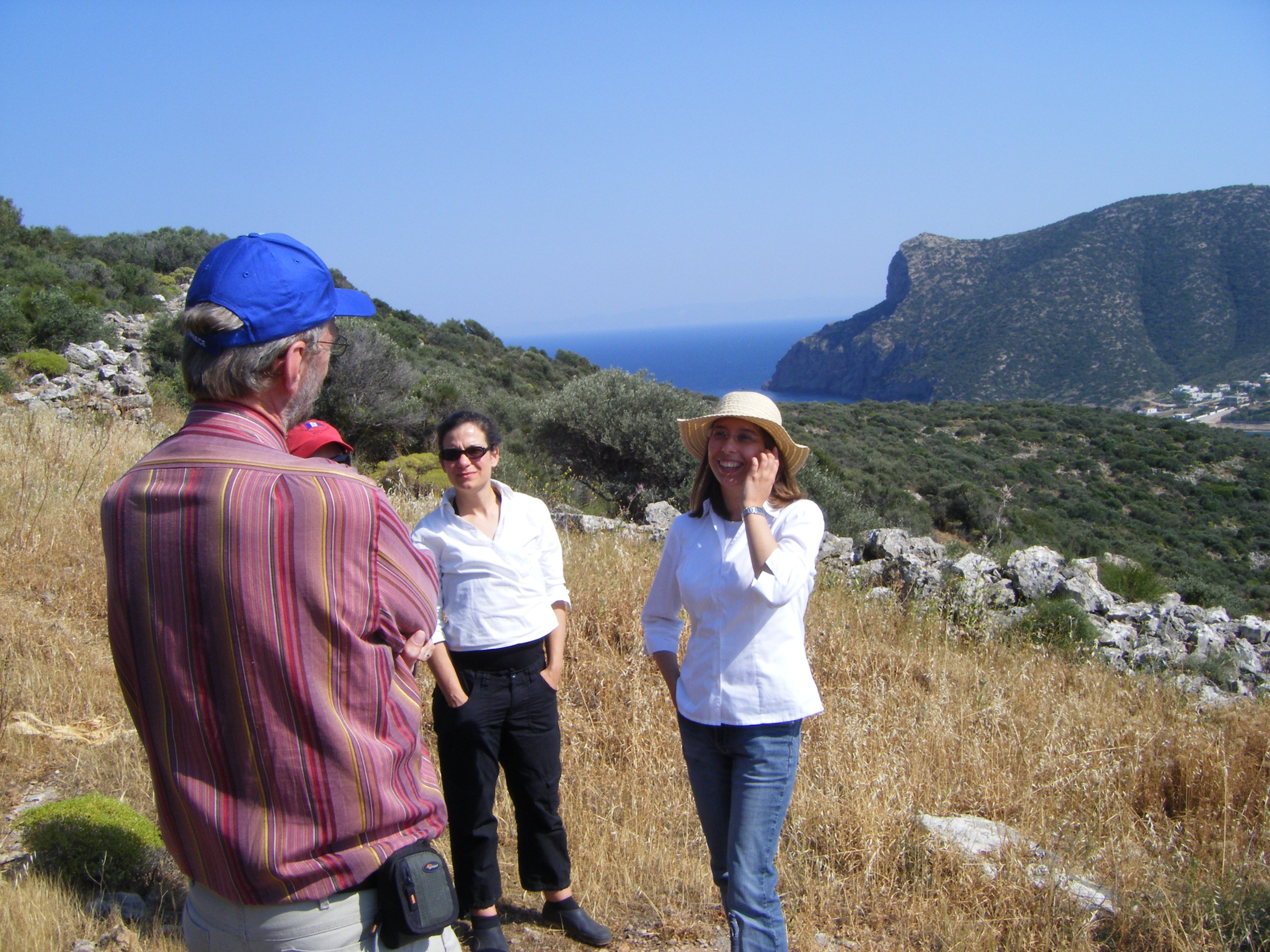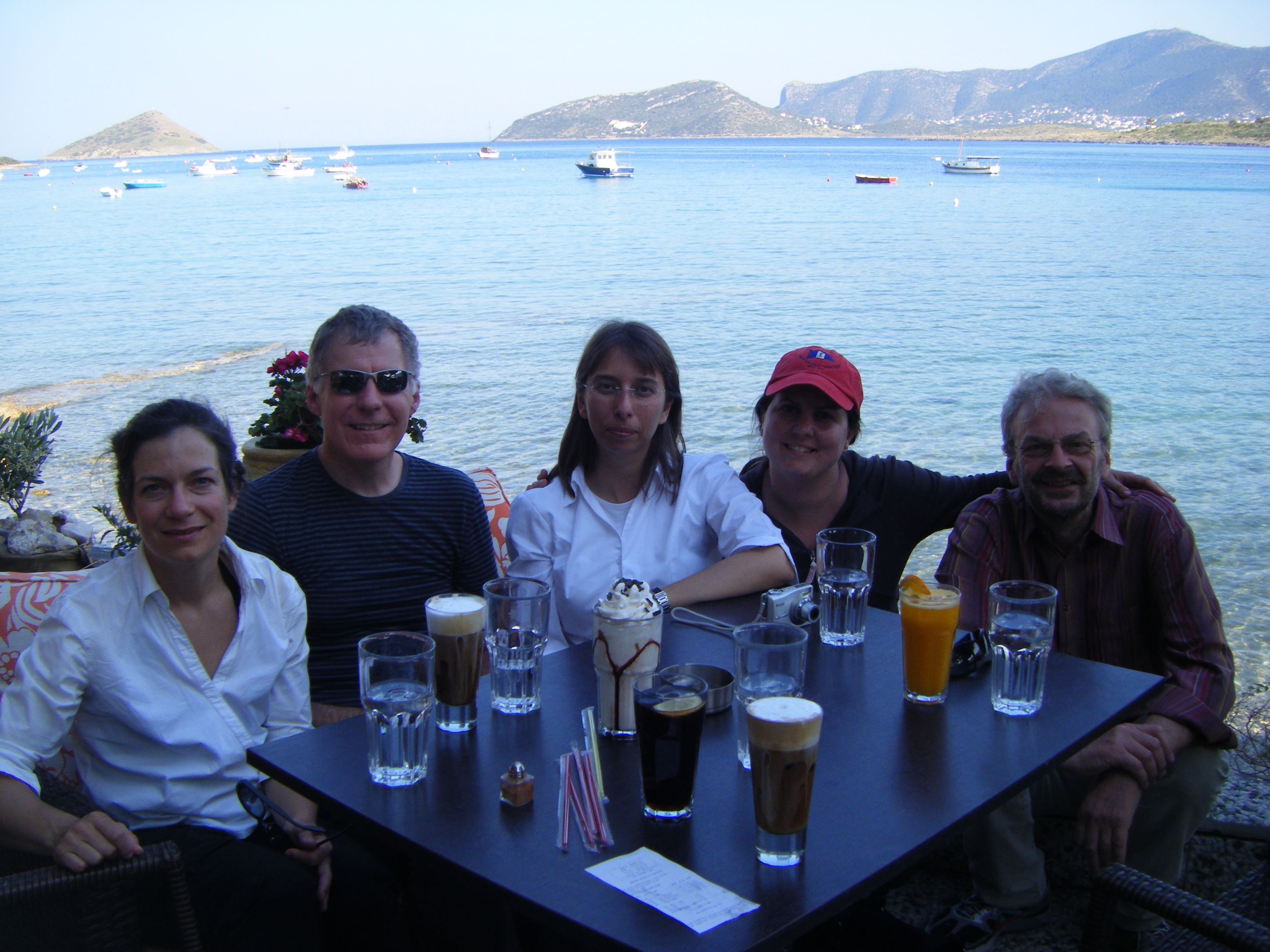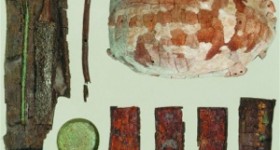How (not) to organise a Tour in Athens
When I suggested the commencement of a short MA module in Athens for our Campus-Based and Distance-Learning students, I had no idea about the political, economic and environmental implications. For the past month I seem to have been fighting not only against Greek bureaucracy but also a double dip in the local economy and the volcanic eruptions in Iceland.
The omens appeared for the first time a month ago, when the Ministry of Culture denied us permission to teach our Distance Learning students on site, because they are too old! The Ministry assumed that we had evil ulterior motives for our application, although they have not revealed to us what kind of motives these were. At some point I started wondering whether the sinister connection of past archaeologists with spying agencies may have played a role in their rejection! At that point Tania in the British School at Athens (they would not believe me!) undertook the task of explaining that it is not unusual for Distance Learning students to pursue their studies later in life.
After this, permission was granted but never arrived in our hands. A week before the Tour started, we have been informed that the Ministry lost our papers! I have kept the story under cover in order to prevent widespread panic, while with the assistance of the British School started a campaign in order to retrieve our papers before the first day of the Tour. We have been successful… just.
But the problems have not stopped there. Due to the current economic crisis in Greece, there have been shortages in museum personnel. Or, at least, this is what they told us. Because, when I visited the Numismatic Museum I queried them about the number of visitors they have every day. They confirmed an average number of 20 visitors, while the number of guards on the site exceeded number 10. In any case, because of the alleged shortages, some of the museums closed down, while all archaeological sites closed their doors after 3 o’clock in the afternoon. By the time they took this decision, we have already advertised our touring program, according to which we would have guided the students until 6 in the evening. You can imagine my despair and the urgent need to revise the entire tour at the last minute.
 As if the Greek issues were not enough, the volcanic ashes of the eruption in Iceland prevented the vast majority of our students to arrive in Athens. We ended up with only two students, one from Jordan and one from Tunisia. The rest of them got stuck in the Midlands, touring the medieval sites under a clouded sky and away from the sea, while myself, Melissa Vetters and Ann Brysbaert enjoyed explaining to our two students the timeless appeal of Attica’s landscape.
As if the Greek issues were not enough, the volcanic ashes of the eruption in Iceland prevented the vast majority of our students to arrive in Athens. We ended up with only two students, one from Jordan and one from Tunisia. The rest of them got stuck in the Midlands, touring the medieval sites under a clouded sky and away from the sea, while myself, Melissa Vetters and Ann Brysbaert enjoyed explaining to our two students the timeless appeal of Attica’s landscape.
 After four days of relentless exchange of archaeological information within the walls of the city of Athens, we decided to visit some sites by the sea. By the time the bus arrived at Koroni at 2 in the afternoon everyone was dead tired. We all felt relieved, when we sat down in Porto Rafti for a luxurious lunch and later for an even more luxurious coffee. The recounting of the trip proved to be very useful, as it provided me with invaluable information about what went right and what went wrong. I hope that next year I will be more prepared to face whatever calamities nature and Greek politics will throw at me.
After four days of relentless exchange of archaeological information within the walls of the city of Athens, we decided to visit some sites by the sea. By the time the bus arrived at Koroni at 2 in the afternoon everyone was dead tired. We all felt relieved, when we sat down in Porto Rafti for a luxurious lunch and later for an even more luxurious coffee. The recounting of the trip proved to be very useful, as it provided me with invaluable information about what went right and what went wrong. I hope that next year I will be more prepared to face whatever calamities nature and Greek politics will throw at me.
In the meantime, you can enjoy here the route we took on Koroni during the last afternoon of our last day. By the way, it took me two unsuccessful attempts before I found the right path up to the fort!

